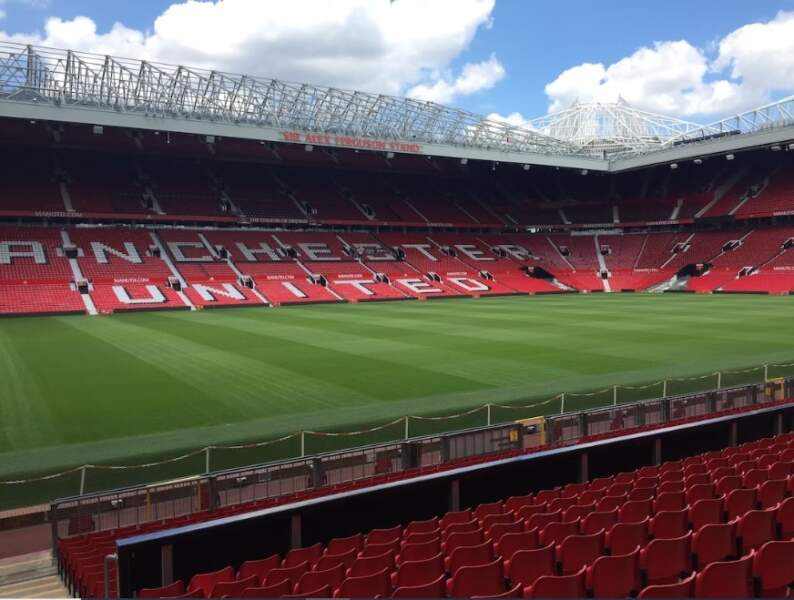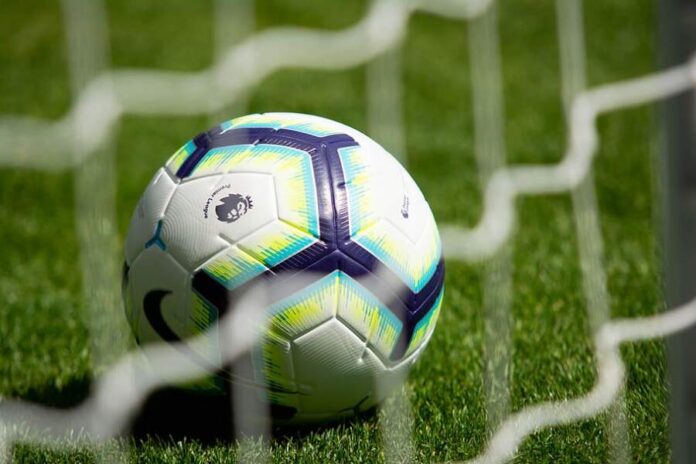The English Premier League (EPL) is now considered the most-watched professional sports league on the planet. For more than 30 years, the EPL has been helping to rebuild the image of English soccer. Today, the coverage of the EPL from broadcasters and sportsbooks is unprecedented, with truly global exposure. Sky Sports and BT Sport dominate the broadcast coverage, while there’s many online sportsbooks that specialize in pre-game and live EPL odds markets. 888sport is noted by oddschecker for its extensive selection of markets, as well as its comprehensive stats that cover all the latest form and recent results to help fans get under the skin of this now iconic league.
English soccer enjoyed a renaissance in the late 1970s and early 1980s. A string of English clubs would not just go on to reign supreme domestically, but on the continent too, with Nottingham Forest winning the European Cup and Ipswich Town winning the UEFA Cup trophy. However, the latter half of the 1980s seemed to erase all the good work that the nation had done to enhance its image as a soccer giant. Hooliganism had reared its ugly head and, following the Heysel Stadium disaster of 1985, English clubs subsequently banned from European competition.
With the country’s top teams no longer an attraction for overseas players and the division falling behind to the likes of the Spanish La Liga and the Italian Serie A in the prize money stakes, drastic action was needed to prevent a talent drain of English players abroad. Top clubs like Manchester United, Arsenal and Tottenham Hotspur worked hard to evolve into revenue-driving machines, not just community soccer clubs. Their commercial desires eventually saw the majority of Division One threaten to leave the English Football League altogether.
Money talks: A Premier League was inevitable from 1986 onwards
A decision to grant half of all income from the league’s sponsorship deals and television revenue to top-flight clubs was taken in 1986 to try and appease these clubs. However, the clubs were once again frustrated by an £11 million-a-year TV broadcast deal with ITV in 1988, which saw them receive £600,000 per season – still a great deal more than the £25,000-a-year earnings pre-1986.
Despite being persuaded to stay following the ITV deal, the leading clubs had a thirst to create their own “super league”. Around the turn of the next decade, the biggest clubs once again threatened to break away from the Football League. Greg Dyke, managing director of London Weekend Television (LWT), arranged a meeting with the “big five” soccer clubs in England. Following in-depth negotiations, plans were in place for a new “Premier League” to be established, with the top clubs placed at the front and center of broadcast deals.
However, the proposals would carry little water without the green light from the Football Association (FA). Following the issues with hooliganism and finances, the relationship between the FA and Football League was strained to say the least. However, in June 1991, the FA published its “Blueprint for the Future of Football”, recommending a rebranded Premier League that the FA would continue to oversee.
Following the end of the 1990/91 season, a “Founder Members Agreement” was drawn up and signed, outlining the framework for the FA Premier League. The biggest benefit of the Premier League was its ability to operate independent from the rest of the English Football League at a commercial level. It could agree its own broadcast and sponsorship deals that didn’t have to be shared with the rest of the pyramid.
In May 1992, the 22 inaugural members of the new FA Premier League resigned from the Football League and became a part of the new franchise. It was an historic moment, resulting in a formal breakaway of the top division from the remaining three professional divisions in the Football League. There would be no change in promotion and relegation format though. This meant that teams could still rise through the ranks and gain promotion into the new Premier League.
The story of the EPL so far

The inaugural 1992/93 season proved to be a huge hit. Sir Alex Ferguson’s Manchester United won the first Premier League title. In doing so, the Red Devils would bring an end to a gruelling 26-year wait to become English champions again. This was just the start for United under Ferguson. The Reds went on to dominate the league in the 1990s, winning no less than five titles before the turn of the millennium. United would then land another six Premier League titles in the 2000s.
From the 1995/96 season onward, the EPL was altered from a 22-team league to a 20-team league and has remained that way ever since. The top four teams in the EPL also secure direct qualification into the UEFA Champions League. It has therefore become a huge battle among England’s elite to secure at least a top-four finish and play in Europe’s biggest club competition each year.
The 2003/04 EPL season was one of the most notable campaigns, due largely to the unprecedented success of Arsenal. The Gunners secured the nickname “The Invincibles” after this season, because they managed to go the entire season unbeaten en-route to winning the EPL title.
In the 2000s, the EPL was historically all about the “Big Four” of Manchester United, Liverpool, Arsenal and Chelsea. The following decade saw the “Big Six” develop, with Tottenham and Manchester City joining this elite ranks – the latter due largely to a major takeover of the club by a consortium from Abu Dhabi.
By 2016/17, the Deloitte Football Money League revealed that the “Big Six” each generated revenues of more than £350 million. The year before, Leicester City shocked the world of soccer by landing the 2015/16 EPL title having been priced at 5,000/1 to win the championship at the start of the season. It was one of the biggest underdog stories in world sport, let alone the soccer industry.
Today, the EPL remains as commercially attractive and as dominant as ever before. The league is increasingly investing in new technologies to improve decision-making. From the start of the 2019/20 season, video assistant referees (VAR) were permitted for use in all 20 EPL stadia.
Must Read: Chelsea VS Man City: What Went On In Thursday’s Game






























































